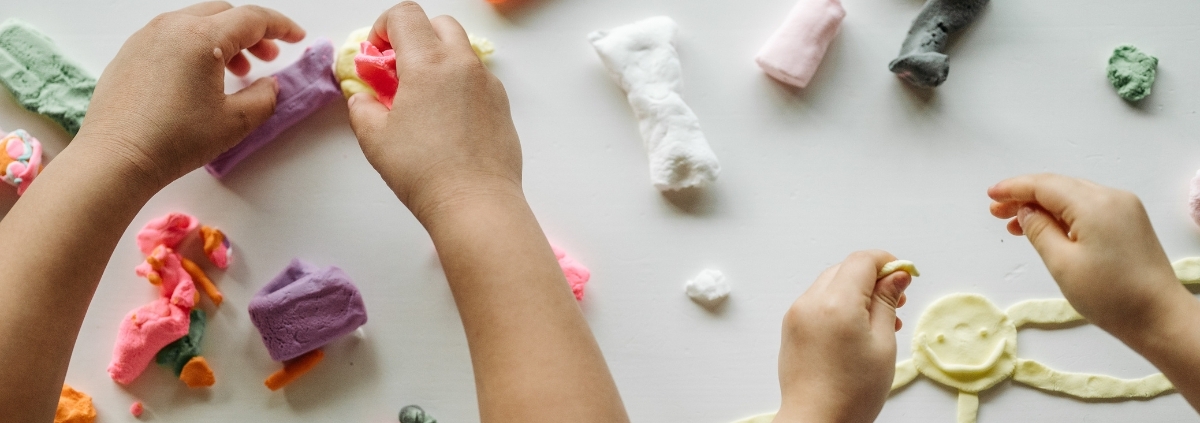How to Help Kids Cope with Perfectionism
By: Abigail Francis
Susan Woodworth, from Walk and Talk Psychology, shares about perfectionism and why it can be both a strength and a struggle.
Is Perfectionism Good or Bad?
Susan explained that the term often sounds positive, but it can carry hidden costs.
“Sometimes perfectionists are so terrified of failure that they limit themselves only to activities where success is guaranteed.”
While aiming high can drive achievement, perfectionism often blocks progress, causes frustration, and delays productivity.
Spotting the Signs
So how do you know if it’s healthy striving or harmful perfectionism? Susan highlighted two key red flags:
- Unrealistic expectations.
- Strong emotional reactions to mistakes.
She explained, “If you get 80% on a test and spiral because you didn’t get 100%, that’s not functional anymore.”
Perfectionism can also appear as frustration, abandoning projects, or endlessly redoing tasks. “Sometimes people take three hours to write one paragraph because they want it perfect.”
Perfectionism in Children
Parents often wonder when perfectionism starts. Susan reassured listeners, “You don’t have perfectionist infants or toddlers.”
However, signs can appear in early childhood. For example, kids may repeatedly redo tasks until they get them exactly right. That persistence can be helpful, but if frustration or distress takes over, it becomes a concern.
Helping Kids Manage Perfectionism
Susan shared four key strategies for parents:
1. Praise Effort, Not Just Outcomes
“What matters more than the mark is the amount of effort you put into it.” Focusing on effort teaches children that persistence matters more than grades.
2. Reframe Mistakes as Learning
“Shift the focus from the threat, which is the mistake, to the opportunity, which is the learning.” Encourage kids to ask, What did I learn from this?
3. Model Imperfection
Parents can set the tone by showing self-compassion. “Talk about your own mistakes. How you handle them is what your children mirror.”
4. Don’t Shield Them From Failure
“Our job isn’t to protect them from the discomfort of imperfection, but to show them we love them no matter what.”
The Takeaway
Perfectionism can motivate excellence, but it often comes at a high emotional cost. By praising effort, reframing mistakes, modelling imperfection, and embracing failures, parents can help children develop resilience. As Susan reminded listeners: “We love them with imperfections and all.”
Article supplied with thanks to Sonshine.
Feature image: Canva






